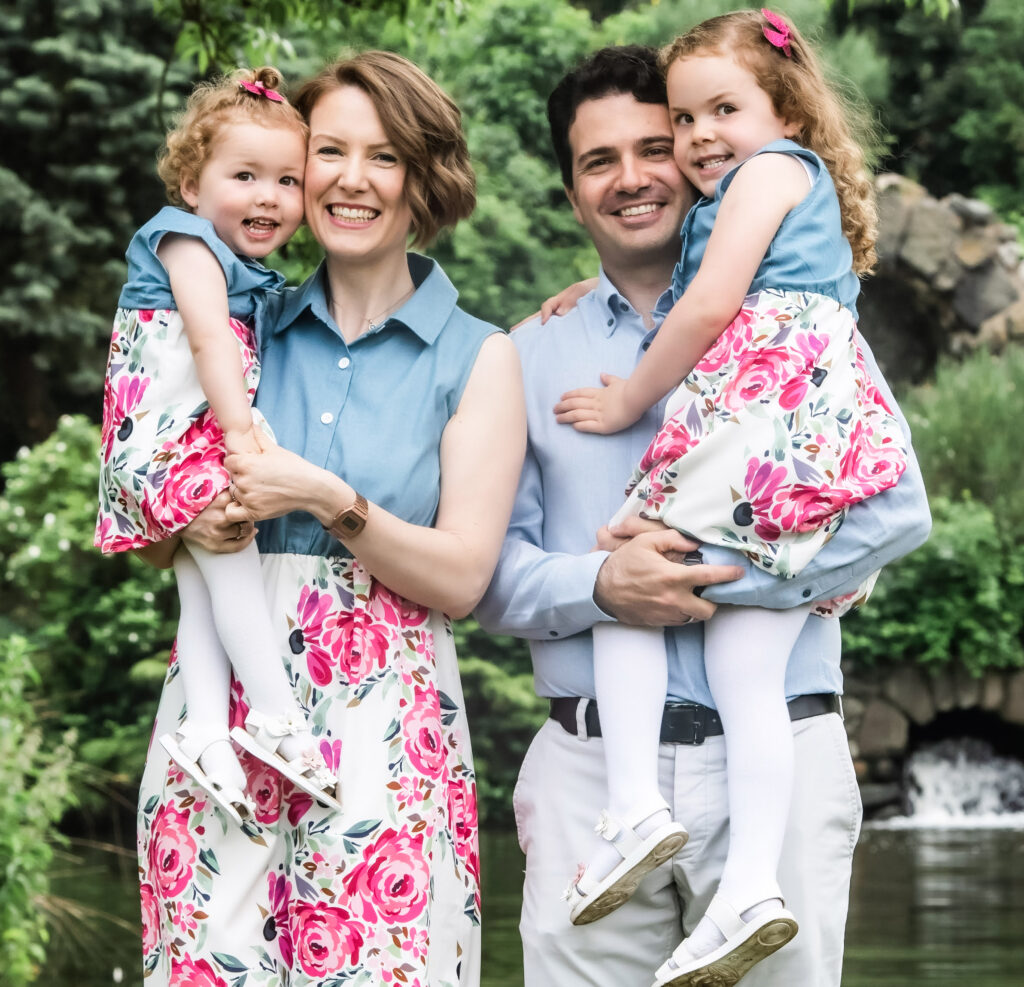Our mission is to connect children who have SPG3A with:
Wherever you are in the world, please join our SPG3A community to follow the latest research.
When it comes to finding a cure, there is strengh in numbers!


WHO ARE WE?
Kids with SPG3A was established by two families with young children who have spastic paraplegia type 3A.
Emily was diagnosed with SPG3A in 2020 when she was 18 months old.
Carter was diagnosed with Cerebral Palsy soon after missing developmental motor milestones when he was six months old. His diagnosis was revised to SPG3A when he was 5, after genetic testing at Boston Children’s Hospital.
Both Carter and Emily have variants that are “de novo”, not inherited from their parents, and their symptoms are complex, affecting not only their legs but also their upper limbs and oral muscles.
Carter’s grandfather, Joseph Avellone, MD, has extensive experience in the health and biomedicine industry.
He started the Carter Foundation for Neurologic Research in order to sponsor research into
the cause and treatment of rare neurologic diseases in children. Dr. Craig Blackstone, Chief of Movement Disorders, Department of Neurology, Massachusetts General Hospital serves as the Senior Scientific Advisor to the Foundation and is a prominent research scientist with a long term focus on the Hereditary Spastic Paraplegias.
The two families work closely with researchers and will share research updates with other families on the Kids with SPG3A Community Platform.
WHAT IS SPG3A?
SPG3A is the most common type of HSP, or Hereditary Spastic Paraplegia, in children.
The primary symptom of HSP is difficulty walking due to tight (spastic) and weak leg muscles.
Some patients present more complex symptoms affecting other areas of the body.
The severity of symptoms usually worsens over time.
RESEARCH
The Carter Foundation established a drug discovery and gene therapy research program for SPG3A in its first year. Click on the link below to learn more.
We urge everyone to join the Early Onset Hereditary Spastic Paraplegia (HSP) Natural History Study which will be the starting point of any future clinical trials. Please email the Research Coordinator, Amy Tam, directly at amy.tam@childrens.harvard.edu to participate.
To learn more about the Carter Foundation’s research program for a cure for SPG3A and the HSP Natural History Study:

CONTACT US
Please join our community platform so that you can keep in touch with other families with SPG3A and stay up-to-date on the latest research
If you have any questions or suggestions, please email us on
hello@kidswithspg3a.com